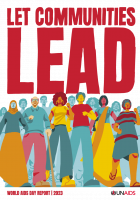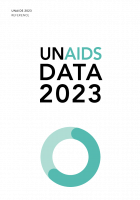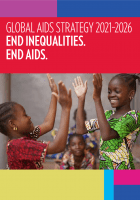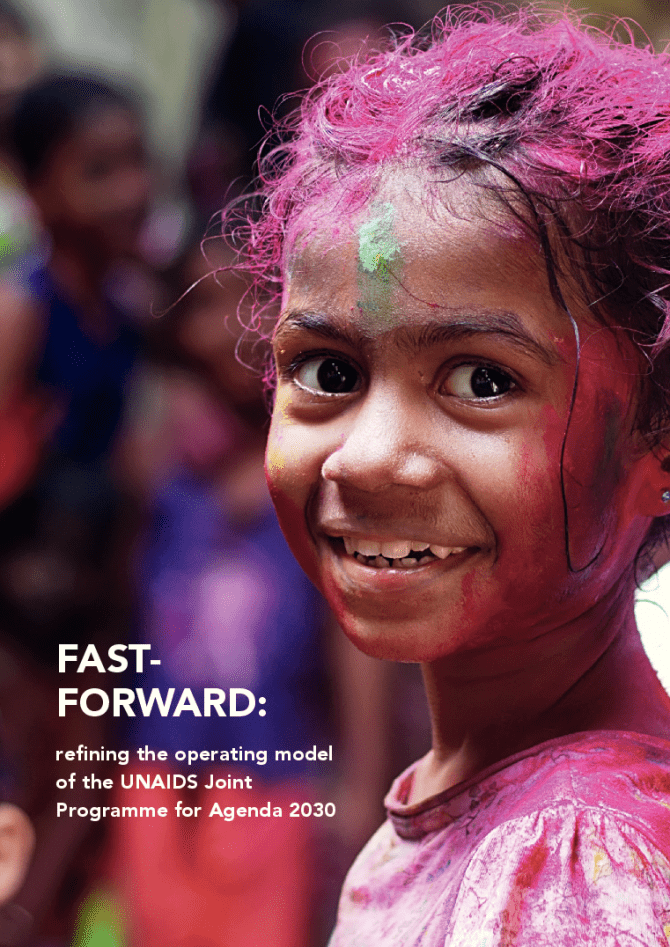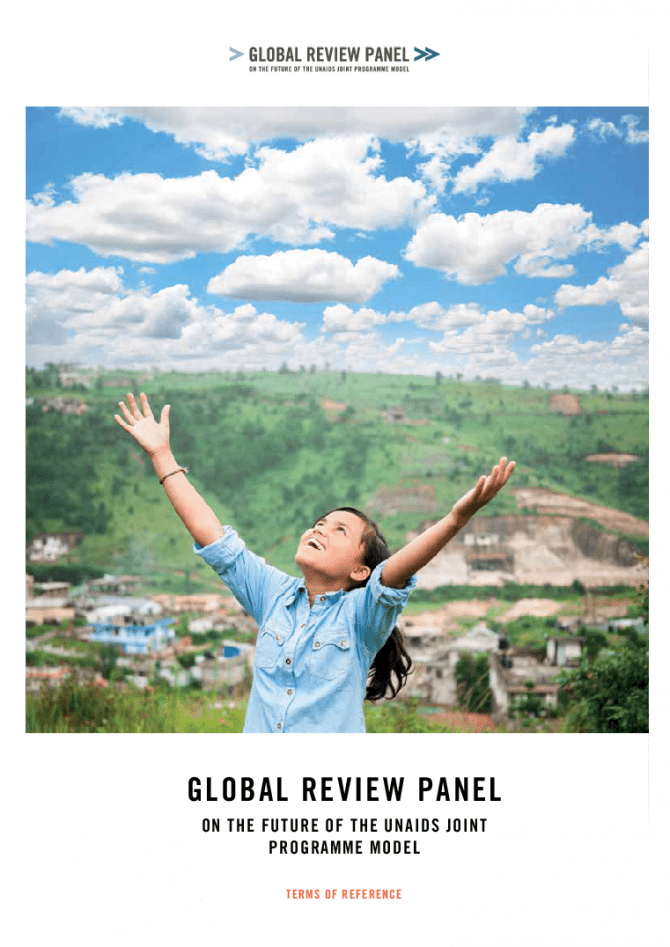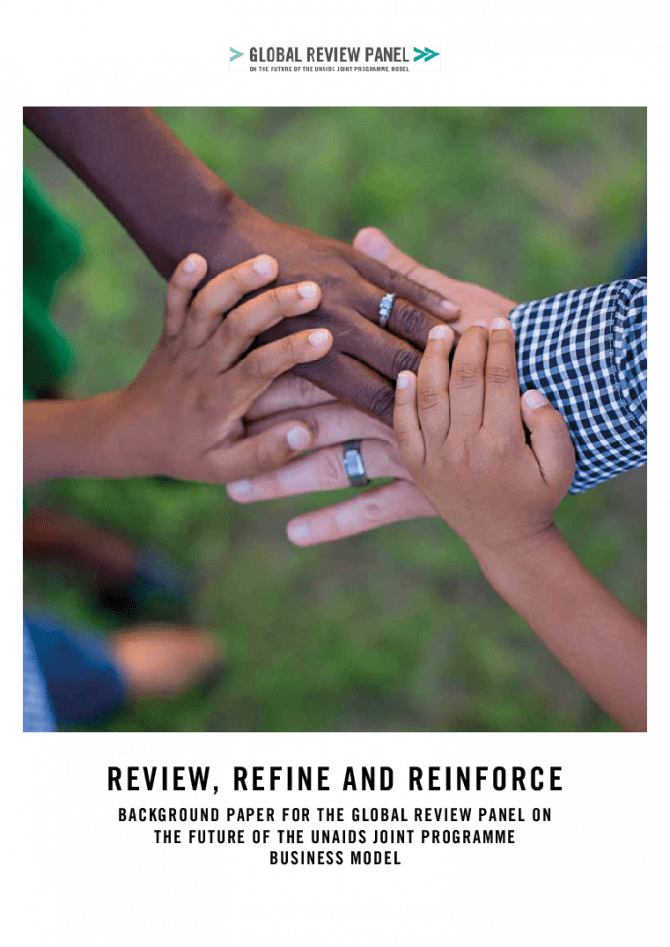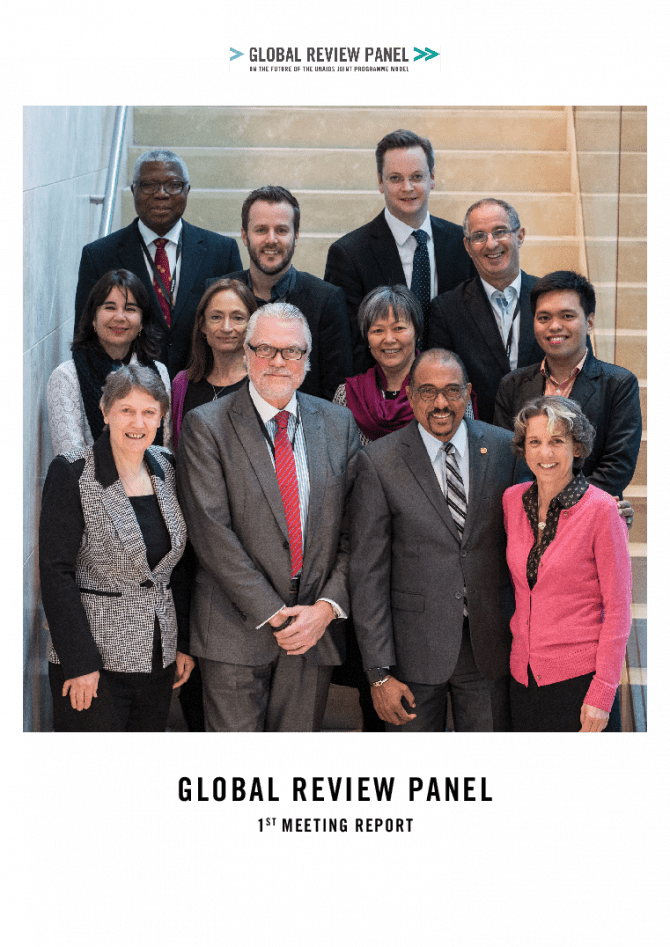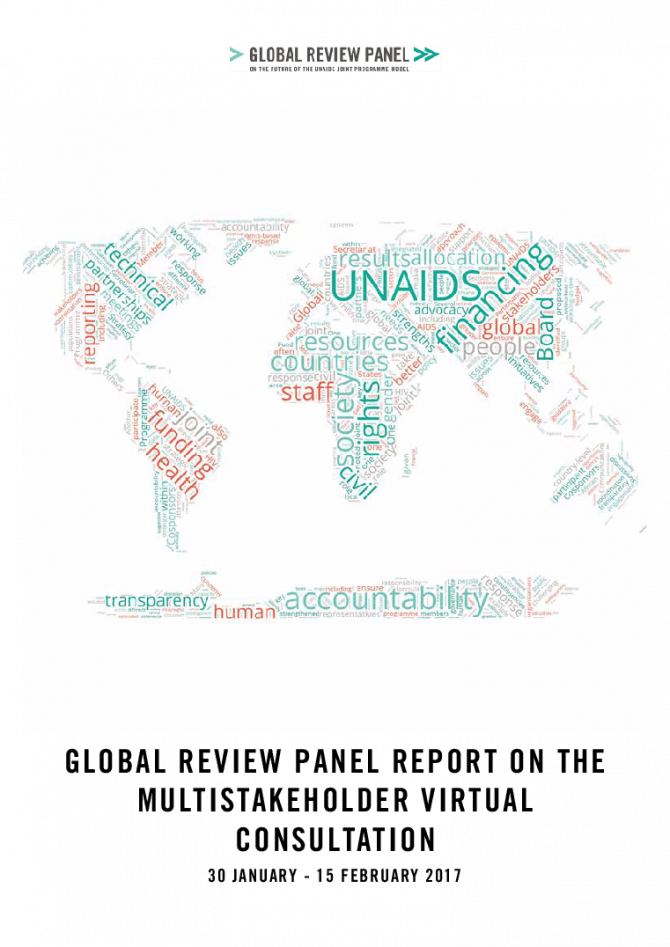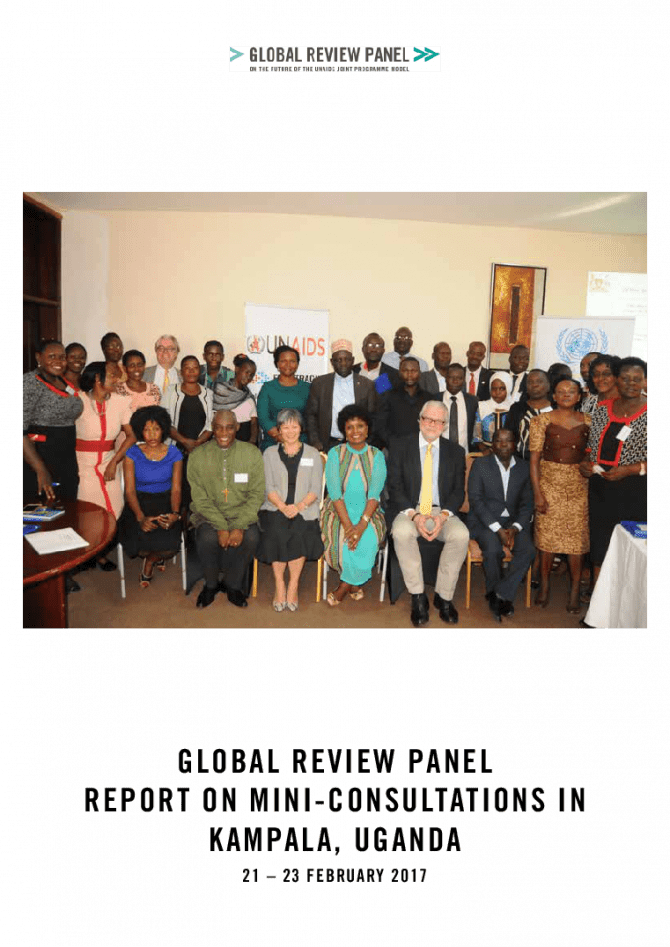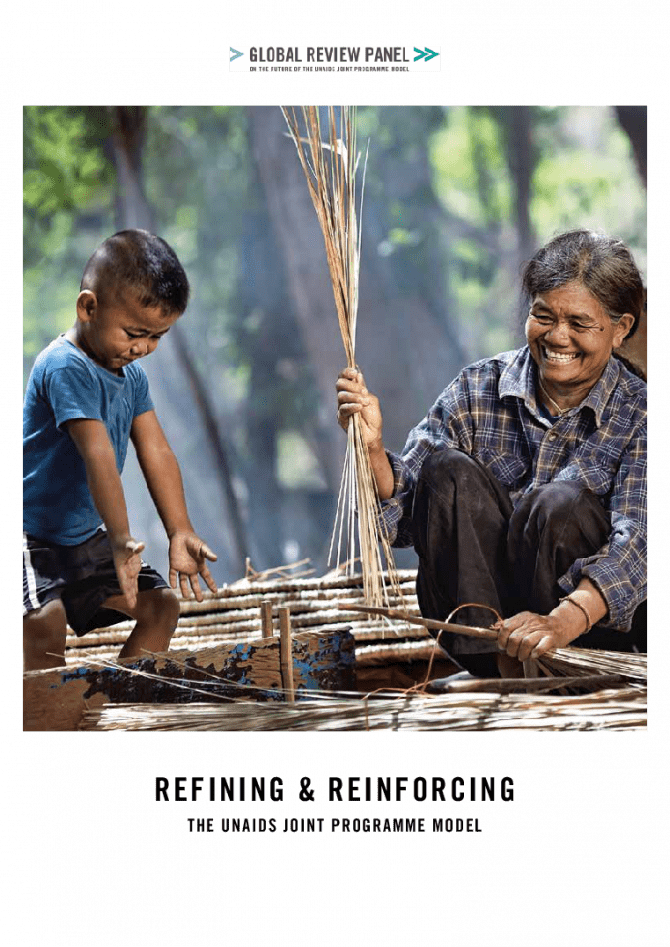CO-CONVENERS
Helen Clark
Administrator, United Nations Development Programme
Michel Sidibé
Executive Director, UNAIDS
CO-CHAIRS
Awa Coll-Seck
Minister of Health, Senegal
Lennarth Hjelmåker
Special Ambassador for Global Health, Sweden
Panellists* (alphabetical order by surname)
Jeffry Acaba
Education and Advocacy Lead, Youth LEAD (Asia Pacific Network of Young Key Populations)
Isaac Adewole
Minister of Health, Nigeria
Maria Nazareth Farani Azevêdo
Ambassador and Permanent Representative of Brazil to the United Nations Office and other international organizations in Geneva
Deborah Birx
Ambassador, United States Global Aids Coordinator and Special Representative for Global Health Diplomacy
Ertharin Cousin
Executive Director, World Food Programme
Kieran Daly
Deputy Director, Global Policy and Advocacy: HIV, TB, Malaria and the Global Fund, Bill & Melinda Gates Foundation
Susan Eckey
Ambassador of Norway to Uganda
Sammie Pesky Eddico
Ambassador and Permanent Representative of Ghana to the European Offices of the United Nations, World Trade Organization and other International Organizations in Geneva and Vienna
Daniel Graymore
Head of Global Funds Department and Senior Representative in Geneva for the Department for International Development, United Kingdom of Great Britain and Northern Ireland
Nduku Kilonzo
Director, National AIDS Control Council, Kenya
Smail Mesbah
Director-General of Prevention and Health Promotion, Ministry of Health, Population and Hospital Reform, Algeria
Phumzile Mlambo-Ngcuka
Executive Director, UN Women
Alessandro Nilo
Executive Director, Gestos
Dmitry Pinevich
Deputy Minister of Health, Republic of Belarus
Kate Thomson
Head of the Community, Rights and Gender Department, Global Fund to Fight AIDS, Tuberculosis and Malaria
Suwit Wibulpolprasert
Advisor to the Permanent Secretary, Ministry of Public Health, Thailand
* Panellists were invited in their personal capacity
